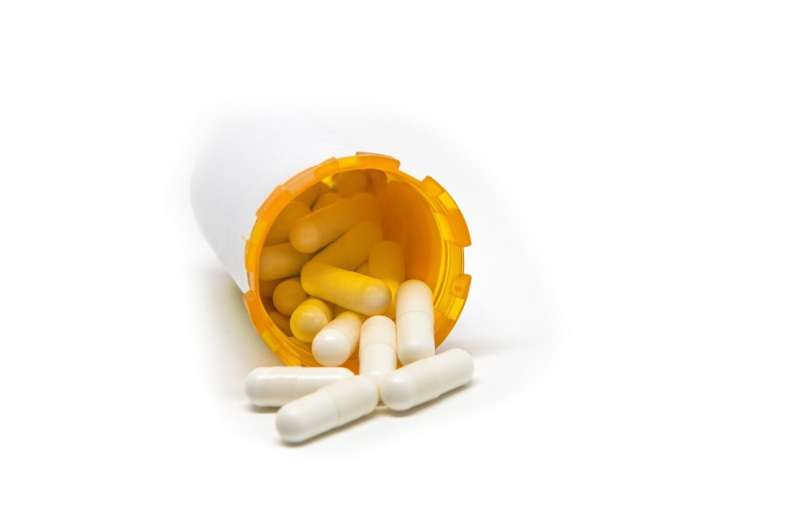How Mucus Molecules Protect Against Salmonella Infection

New research reveals how mucus and its molecules, mucins, can actively prevent Salmonella infection by inhibiting bacterial invasion mechanisms, paving the way for innovative preventive treatments.
Recent research by MIT scientists has unveiled the protective role of mucins—complex molecules within mucus—that can directly inhibit Salmonella, a common cause of foodborne illness. Mucus, often seen as just a sticky substance, actually contains potent mucins capable of disarming bacteria and preventing infection. In particular, the study identified a specific mucin called MUC2 found throughout the digestive tract that can suppress Salmonella's ability to invade host cells.
Salmonella employs a specialized apparatus, known as the type 3 secretion system (T3SS), encoded on the Salmonella pathogenicity island 1 (SPI-1), to inject proteins into host cells and establish infection. The researchers discovered that when Salmonella is exposed to MUC2, its production of SPI-1 proteins halts, rendering it unable to infect cells. This effect is achieved by MUC2 turning off a bacterial regulator called HilD, which normally activates the genes essential for infection.
Further analysis revealed that certain sugars within mucins, such as GlcNAc and GalNAc, can bind to HilD at specific sites, but only when these sugars are attached to the mucin’s peptide backbone. Both MUC2 and stomach mucin MUC5AC were found to inhibit HilD, and consequently, the expression of virulence genes, in Salmonella and other pathogens that rely on HilD.
These findings suggest potential methods for developing new preventive treatments. MIT researchers aim to create synthetic mucins that could be incorporated into oral rehydration solutions or as chewable tablets to prevent Salmonella infection, especially in travelers or vulnerable populations. This strategy leverages the body’s innate immune system, mimicking natural mucins to strengthen defenses before infection can occur.
Overall, the study advances understanding of how the mucus barrier functions beyond a physical shield, actively engaging with and disarming pathogenic bacteria through specific molecular interactions. Exploring these mechanisms further could lead to affordable and effective interventions against gastrointestinal illnesses caused by Salmonella and similar pathogens.
Source: https://medicalxpress.com/news/2025-09-mucus-molecules-block-salmonella-infection.html
Stay Updated with Mia's Feed
Get the latest health & wellness insights delivered straight to your inbox.
Related Articles
Innovative Algorithm Aims to Correct False Penicillin Allergy Labels in Community Pharmacy Settings
Researchers from Monash University have developed an algorithm to identify and de-label incorrect penicillin allergy labels in community pharmacy settings, improving antibiotic use and tackling antimicrobial resistance.
Understanding Why Black Mamba Snake Bites Worsen After Antivenom Treatment
New research reveals the complex neurotoxicity of mamba snake venoms and explains why antivenom treatments can sometimes worsen symptoms, highlighting the need for improved therapies.
Early Onset of Puberty Linked to Increased Risk of Overweight in Girls, Study Finds
A new study reveals that girls who experience early puberty are at a higher risk of becoming overweight later in life, emphasizing biological factors and the importance of targeted health interventions.
Fact Check: Is Autism on the Rise and What Are the Causes?
Experts clarify that the rise in autism diagnoses is mainly due to improved awareness, broader diagnostic criteria, and enhanced screening, not an actual epidemic. Learn the facts behind recent claims and environmental factors involved.



